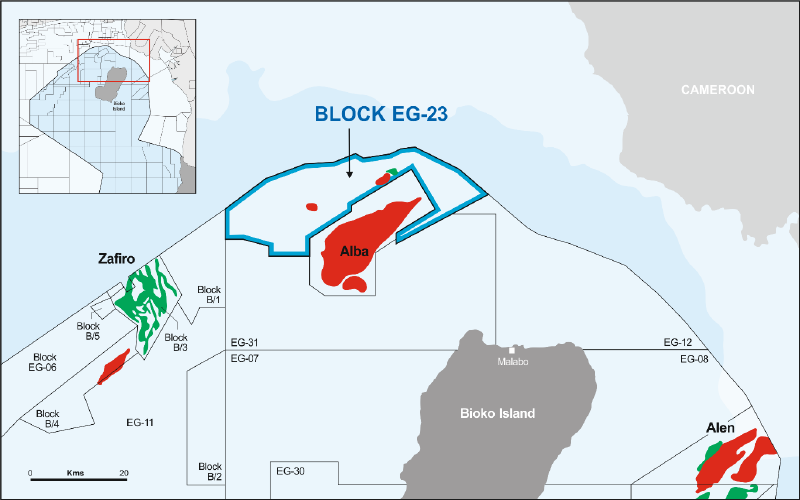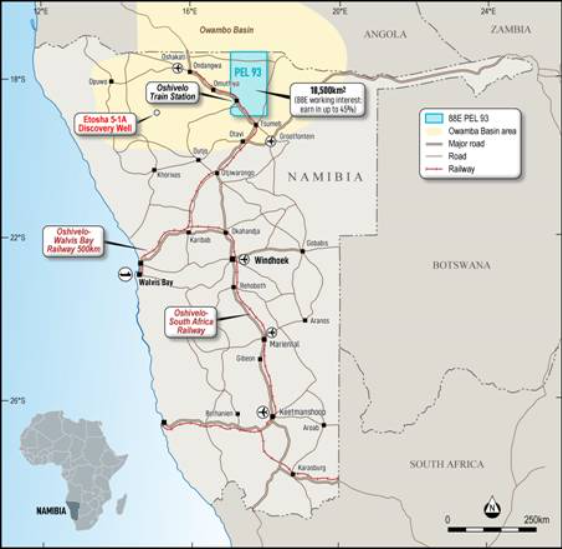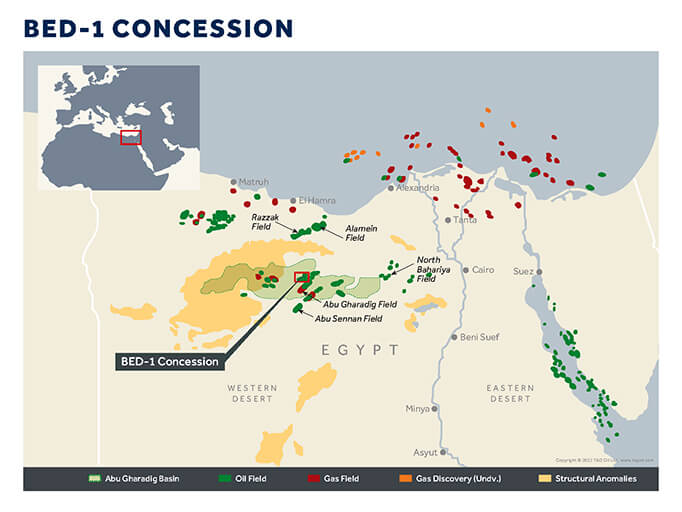Report claims human right abuses in East Africa ahead of Oil,Gas production
In the paper dubbed Steep Rise in Allegations of Human Rights Abuse as Boom in Investment Brings Hope of Prosperity – Business and Human Rights in Eastern Africa: A Regional Briefing Paper the human rights body claims that communities living in land where exploration is ongoing are yet to receive adequate information of the ongoing exploration especially in Uganda where Tullow Oil and Total are operating.
The paper also accuses the oil companies and the Ugandan government in keeping secret agreements signed between them with the civil society saying the agreements were drafted the benefit the elite rather than the entire society.
NGOs including Global Witness, Africa institute for Energy governance now want the government to join the extractive industry transparency initiative terming this as the only way locals can benefit from the oil resources.
In regards to displacement from land the paper also accuses the Ugandan government for forcefully displacing local communities as well as the destruction of cultural sites.
Where any compensation has been given the report says it has been inadequate with farmers accusing the government of not offering enough for the destruction of crops.
Even where compensation is paid, local people have not been adequately prepared for receiving the funds, and as a result are squandering them rather than using the revenues to develop their communities,” reads a portion of the report.
It is however in Tanzania where fatalities are already been reported in regards to oil and gas sector with four people reported to have died in Mtwara as locals protested the construction of a gas pipeline.
There have also been hostilities in Kenya where the Turkana community has accused Tullow Oil of not granting the community enough employment opportunity.
The paper also points out that the discovery of the oil reserves in Northern Kenya is resulting to be stoking inter-communal tension.
NGO’s like the Kenya Civil society Coalition on Oil and Gas and academicians have also urged the Kenya government to join extractive industry transparency initiative.
According to Joseph Kibugu, Eastern Africa Researcher for Business & Human Rights Resource Centre and the principal author of the paper says east African states should ensure that oil exploration and production should be done in a sustainable way that will also ensure economic benefit especially for neighboring communities.
“The burgeoning discovery of natural resources and the growing multinational investment in the region – whether in traditionally stable countries like Tanzania, or those rising from long conflicts like South Sudan and Somalia is a window of opportunity to transform lives in the region. Bold action is needed to ensure investments to contribute to alleviation of endemic poverty rather than compromising the dignity of locals. Businesses would be investing in a more stable environment for their long-term operations while meeting their international obligations. In the near future, it will become prohibitively expensive to do otherwise,” he says
Other issues that have been raised by the paper include environmental concerns once oil production starts including the flaring of gas and the waste disposal process.
The ten page paper also highlights border issues between governments with the Kenya and Somalia in dispute over offshore blocks which Somalia accusing Kenya of licensing exploration within its territory.
“The good news is that Kenya, Uganda, and Tanzania still enjoy vibrant civil society which demands that this investment benefits the many and not just the few; and that a small group of companies is trying to show how responsible investment can protect and enhance the human rights of the poor and the vulnerable. They must prevail if the threatened Curse is to become a blessing,” says Phil Bloomer Executive Director of the Business & Human Rights Resource Centre.
The paper ends with 10 specific recommendations to companies operating in the region,as well as recommendations to African and foreign governments. The Resource Centre says there are several basic, practical steps companies can take, that can help avoid abuses , such as adopting a human rights policy, commissioning independent human rights impact assessments, and develop grievance mechanisms to manage and address community concerns.
The paper also highlights the important role of governments in ensuring respect for human rights by companies.
The release of this paper coincides with the opening of the East Africa Oil and Gas expo 2014 set to open its doors this Monday.











